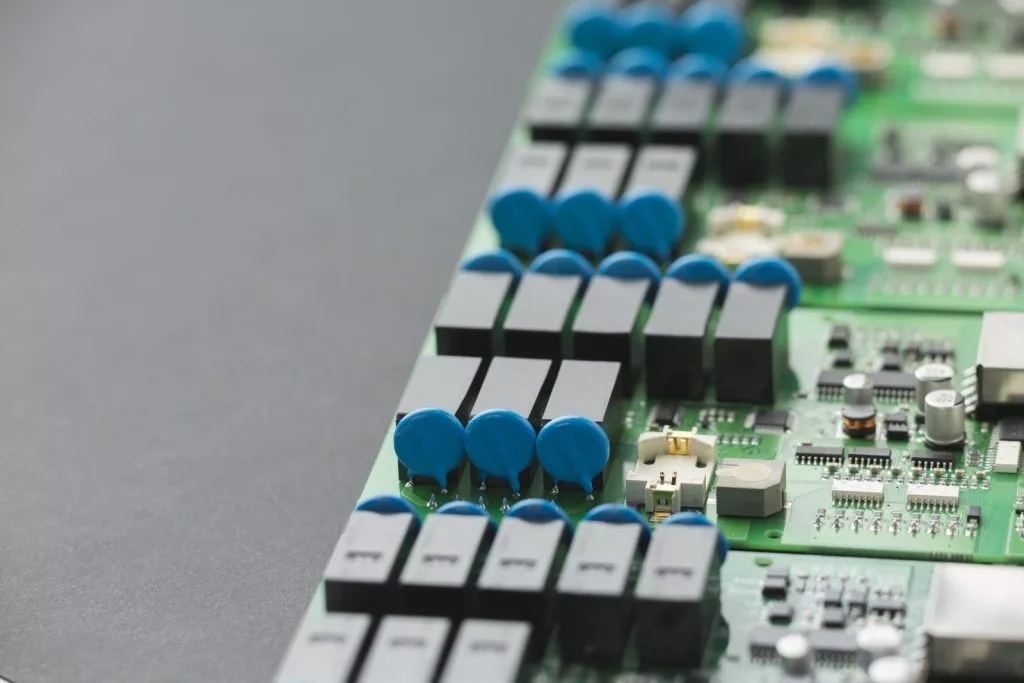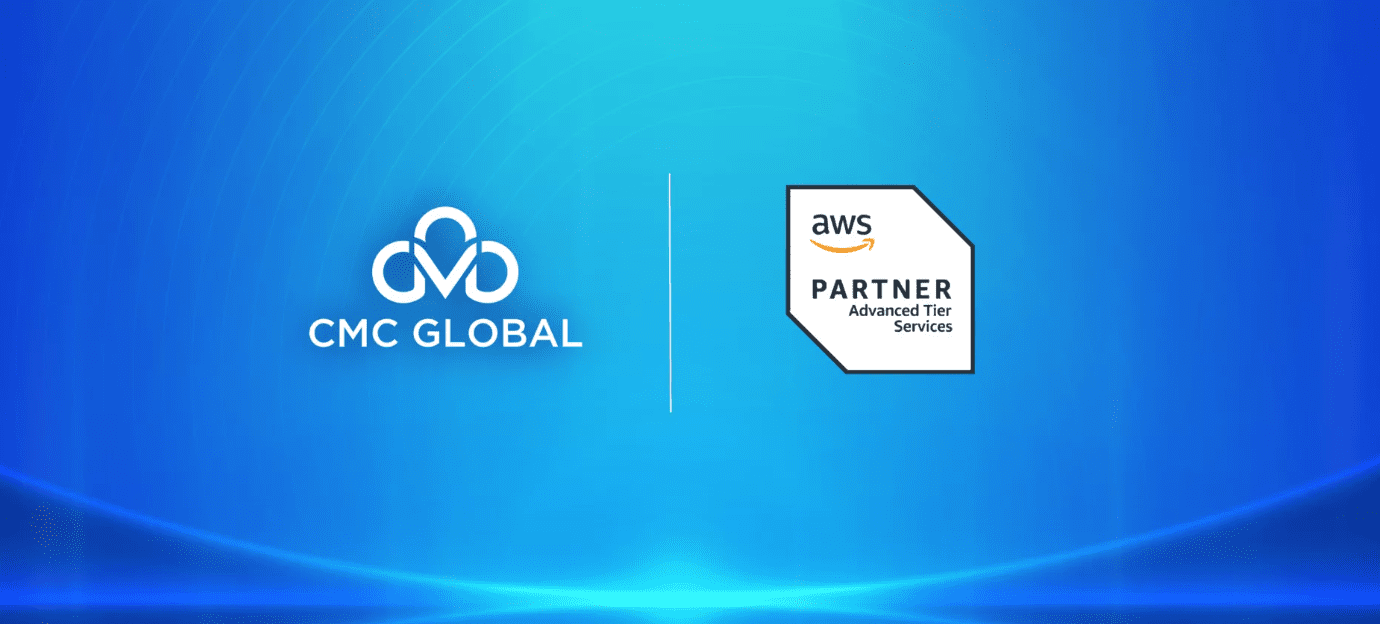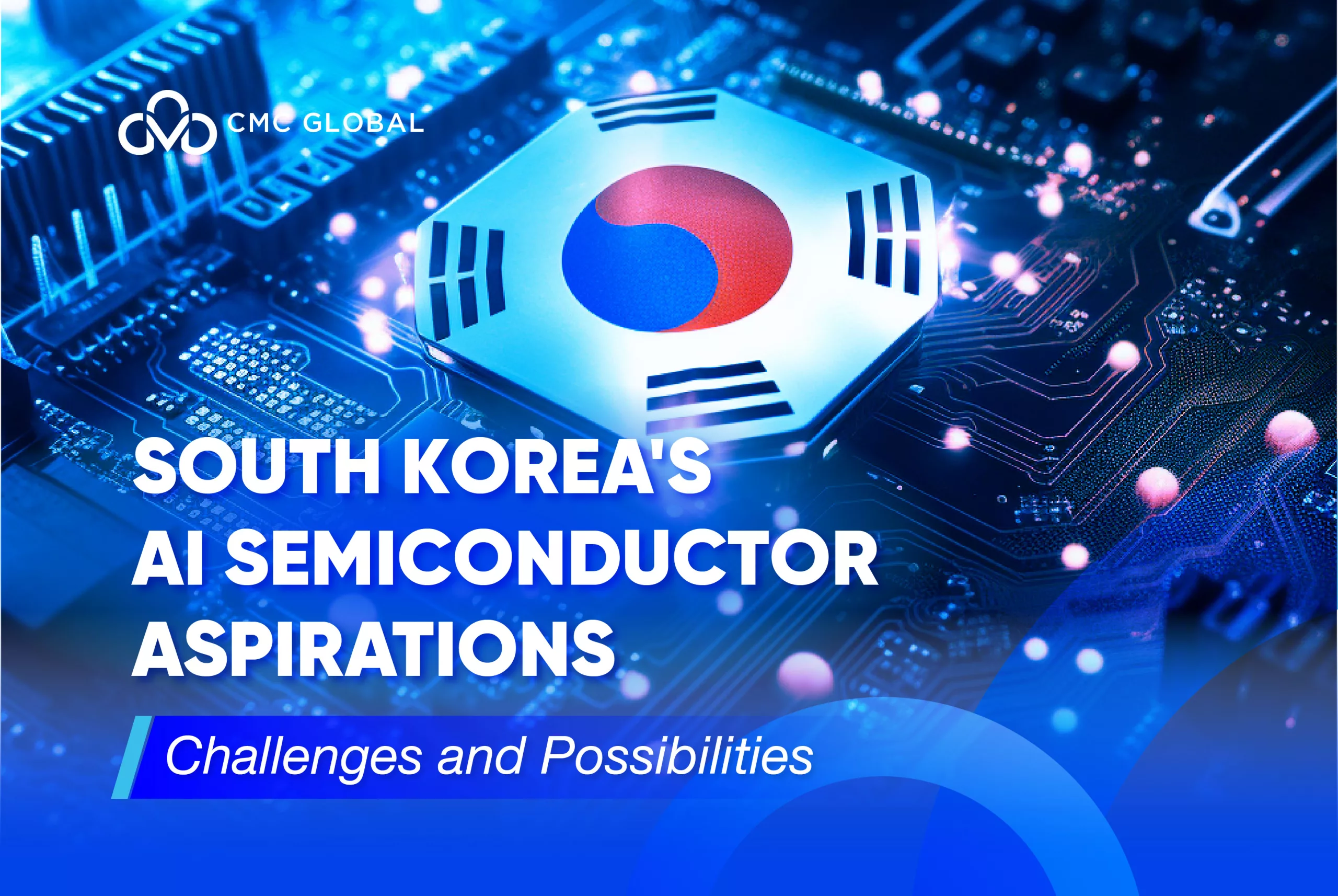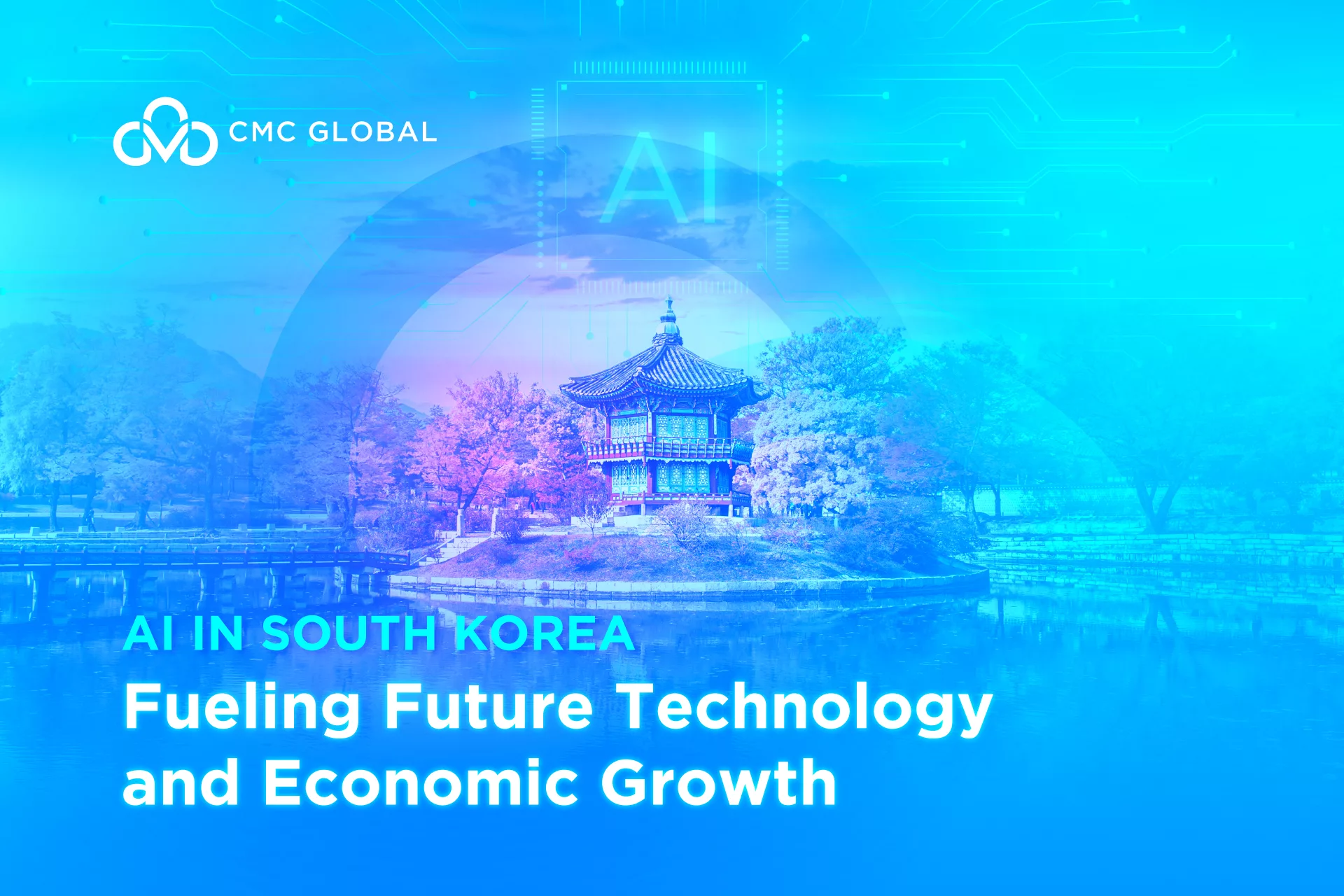South Korea’s semiconductor industry is a powerhouse, driving the country’s technological edge and economic strength on the global stage. Leading companies like Samsung Electronics and SK Hynix make South Korea a major player, controlling roughly 60% of the world’s memory chip market.
This blog post dives into South Korea’s current state in the fast-growing world of AI semiconductors, exploring their achievements, the hurdles they face, and what the future holds for this specific sector.
South Korea’s National Effort on AI Semiconductors

South Korea aims to become the world leader in semiconductor supply chains by 2030 with its K-semiconductor strategy, underpinned by an impressive $450 billion investment.
Here’s the essence of the plan:
Investment and Infrastructure Development
- Centralize fables, foundry, and packaging companies within the K-Semiconductor Belt to streamline manufacturing.
- Offer nearly $260 billion in tax deductions for R&D and facility investments, alongside fast approvals, relaxed regulations, and significant subsidies for power infrastructure.
- Aim to double semiconductor production to $245 billion and achieve $200 billion in exports by 2030, with a focus on power, automotive, and AI semiconductors.
Fostering Industry-Academia Collaboration
- Establish national programs to promote collaboration between university labs and startup companies, facilitating technology transfer and commercialization.
- Subsidize startup fabless companies to access the latest EDA tools and semiconductor processing technologies.
Talent Development
- Address the need for at least 270,000 skilled workers in the next decade by aiming to train 150,000 semiconductor experts across junior colleges, undergraduate, and graduate schools by 2030.
- Create new research centers and university departments to develop competent researchers and experts in the semiconductor field.
By focusing on infrastructure enhancement, collaborative ecosystems, and talent cultivation, South Korea is poised for breakthroughs in the semiconductor industry. However, the journey ahead is fraught with both technical and competitive challenges. The question remains: Can South Korea navigate these obstacles to realize its vision?
Technical and Competitive Hurdles Ahead for South Korea

South Korea’s ambitions to become a global leader in the AI semiconductor market are commendable, but the path is fraught with both technical and competitive hurdles.
Technical Challenges
- Full-Stack Development: Efficient execution of AI algorithms requires seamless integration of software and hardware, necessitating a “full-stack” development approach.
- Fabrication Costs: Producing specialized AI accelerators remains expensive, hindering widespread adoption.
- PIM Integration: Adapting processing-in-memory (PIM) technologies necessitates advancements in low-level circuit design and system software.
Shifting Landscape
Evolving AI Demands: The ever-growing demands of AI algorithms are reshaping semiconductor design and production. Emphasis is shifting towards architectures that can handle massive data volumes. This includes optimized data movement between memory and processors, and the utilization of non-volatile memory solutions to meet the unique needs of AI algorithms.
Competitive Landscape
- Chinese Juggernaut: China’s significant investments in its domestic semiconductor industry have led to lower production costs, posing a serious competitive threat to South Korea.
- Clean Energy Imperative: The global push towards carbon neutrality necessitates that South Korea’s semiconductor production adapts to cleaner methods. This includes meeting the demands of major companies who are requiring their suppliers to reduce carbon emissions.
To overcome these complex challenges, South Korea needs a robust talent pool encompassing not only researchers but also technology experts and specialized engineers. Investing in workforce development is critical for propelling the nation’s AI semiconductor ambitions forward.
Vietnam’s IT workforce emerges as a prime solution for South Korea’s need for skilled manpower in the AI semiconductor sector. With a robust STEM education system and government backing for tech innovation, Vietnamese talent is well-versed in AI and semiconductor technologies. The linguistic adeptness in English and Korean, coupled with cost-effectiveness, positions Vietnamese professionals as a strategic asset for South Korea. This collaboration promises not only to address South Korea’s immediate challenges but also to forge a path for future tech partnerships, enhancing both nations’ positions in the global tech landscape.
Explore Vietnam-South Korea collaboration potential here:
From Hanoi to Seoul: Potential and Opportunities for Vietnam and Korea IT Companies
Consider Working With An Experienced Partner In Digital Transformation?
Founded in 2017, CMC Global builds upon the foundation and successes of CMC Corporation, establishing itself as a leading technology services provider in Vietnam.
To become the leading enterprise in consulting and implementing Digital Transformation solutions (Top DX Service Provider), CMC Global directs its resources toward solving diverse technological challenges across various industries in the Asia Pacific region, Europe, and America, gradually realizing the aspiration of bringing Vietnamese IT products, solutions, and services to the international market.

As an AWS Advanced Tier Services Partner, CMC Global stands at the forefront of cloud innovation, ready to guide organizations through the dynamic realm of AWS Managed Services. With a commitment to excellence and a proven track record, CMC Global offers comprehensive solutions designed to elevate your cloud experience.
Our team of certified experts brings proficiency in AWS technologies, ensuring a seamless integration of cloud solutions customized to your business needs. From strategic planning to ongoing optimization, CMC Global serves as a trusted companion on your cloud journey.
Contact us for further details!
Source:




